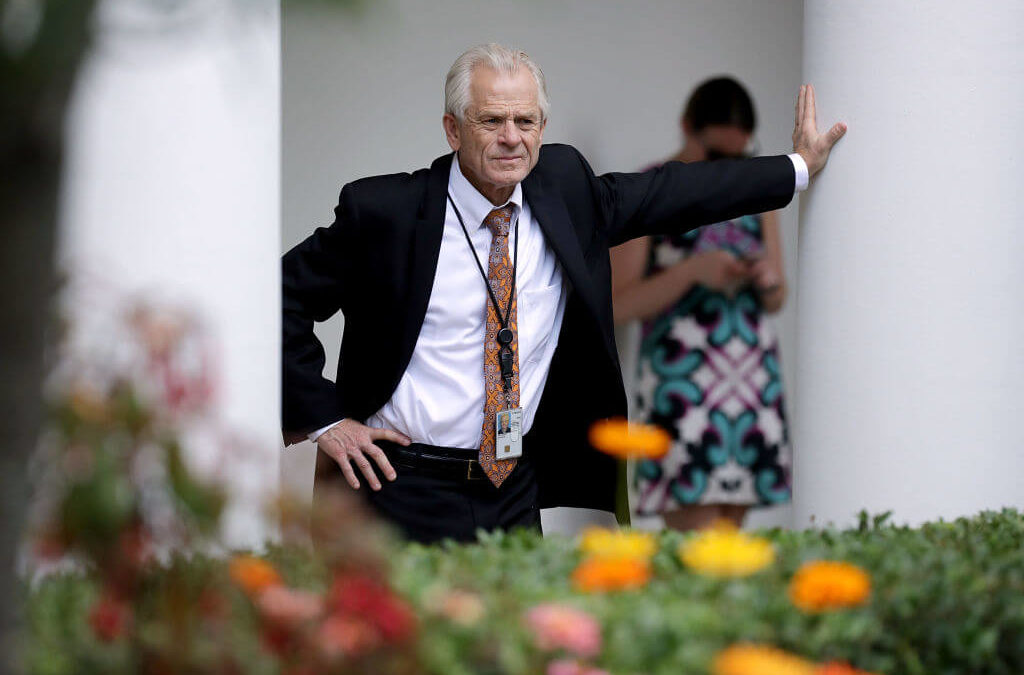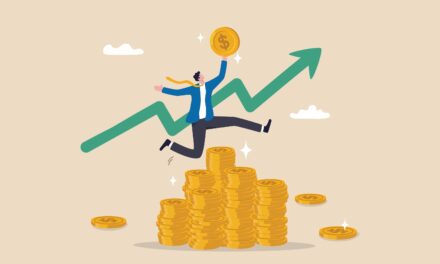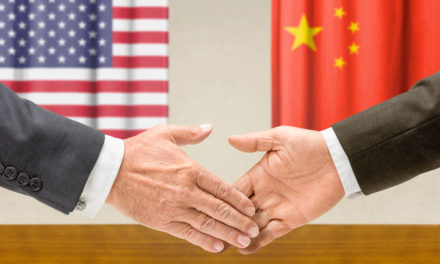Controversial White House trade adviser Peter Navarro is now on the guest list for a crucial trade war discussion dinner between presidents Donald Trump of the U.S. and Xi Jinping of China, and the news sent stocks slumping early Thursday.
Navarro, a well-known China hawk, was initially left off the guest list for the dinner this weekend at the G20 summit in Argentina, but will now reportedly attend, according to the South China Morning Post.
Navarro is considered a barrier to a successful resolution by China.
Per the South China Morning Post:
In May, people familiar with the trade talks told South China Morning Postthat Navarro had been very harsh on China during previous negotiations in Beijing, and demanded that it fundamentally change its industrial policy.
“Navarro is not good from China’s perspective. He is too tough and not sincere about solving problems. His intention is to contain China,” the source said.
Navarro is now set to join U.S. Secretary of State Mike Pompeo, Trade Rep Robert Lighthizer, National Security Adviser John Bolton, White House economic adviser Larry Kudlow, Treasury Secretary Steve Mnuchin and Trump.
The inclusion of Navarro means the number of people each president can bring to the table could be increased to eight or more and highlights the uncertainty surrounding the meeting, the first between Trump and Xi since the trade war broke out.
A successful meeting and at least an end to the tariffs fight — if not a new trade deal — would send stocks soaring. But the announcement that Navarro is joining sent the markets in a tailspin Thursday morning.
Whether Beijing and Washington find common ground to suspend – or possibly even end – their escalating trade conflict largely hinges on the outcome of the dinner.
After a Wednesday spike on the announcement that the Fed will likely pause interest rate hikes in 2019, the Navarro announcement sent the S&P 500 down 18 points, the Dow down 151 points and the Nasdaq down 56 points just before lunchtime on the East Coast.
Aninda Mitra, senior sovereign analyst at BNY Mellon Investment Management, wrote in a note this week that the odds of a Sino-US deal versus no deal on trade tariffs was “about 50:50 in the market’s view”.
The possibility of the summit ending in open conflict is smaller than 5 per cent, while the chances the meeting will end with “no significant agreement” – putting Washington on track to raise tariffs on Chinese products as planned on January 1 – has a 30 per cent chance, Mitra said.
The odds of the meeting ending with “deliberate ambiguity on whether the January 1 tariff increase will happen” has a 40 per cent probability.
Mitra rated the prospect of a clear statement from the two leaders that the tariff increase would be put on hold at just 25 per cent.




